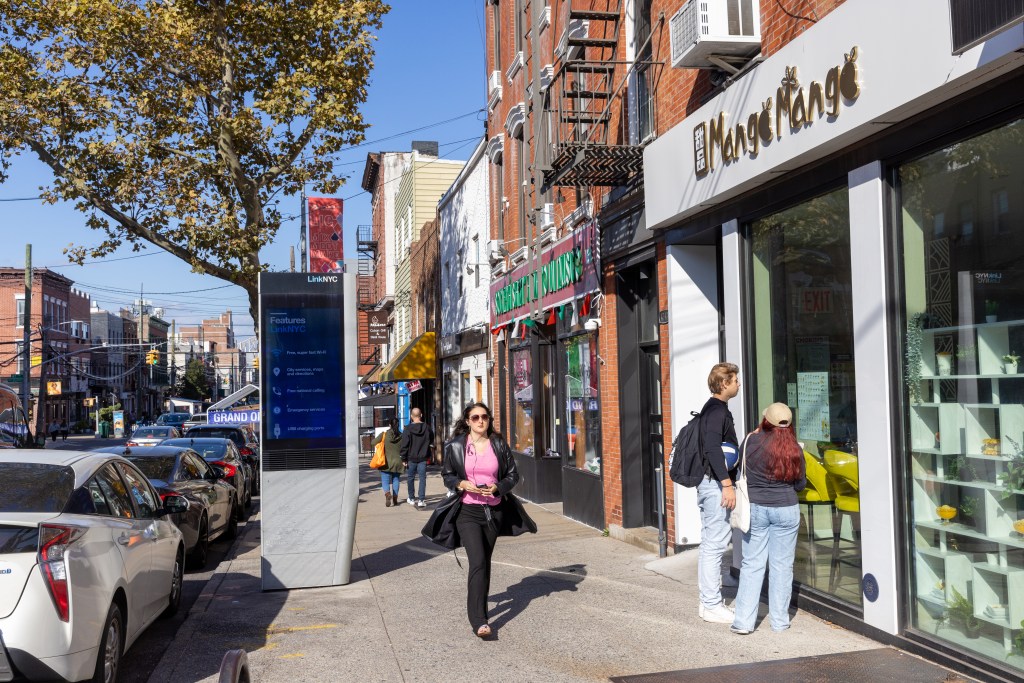By John Tozzi
Critics of the plan, which Bloomberg outlined along with several other sweeping education changes in his State of the City address last week, say it will penalize schools with many veteran teachers, who command higher salaries.”He made it sound as if middle-class schools get more money than the non-middle-class schools or poorer schools,” said Rob Caloras, a parent and president of Community District Education Council 26, which covers Bayside, Little Neck, Douglaston, Fresh Meadows and Glen Oaks. “There is absolutely no extra money in the schools in better-off neighborhoods except for teacher salary,” he said.The Department of Education did not return repeated calls for more information, although Schools Chancellor Joel Klein was scheduled to brief reporters this week.Bloomberg said that this year “we will overhaul a decades-old school funding system that solely for political reasons rewards some schools more than others.” He said some schools get as much as $2,000 more per student than others.”Starting in September, we're going to fund students instead of schools, basing our investment on the number of students enrolled and their particular needs,” he said, according to a transcript of his speech.The funding change was just one of the broad education proposals the mayor introduced in his annual address. He also said the city would abolish the regional system created just four years ago, when Bloomberg won control of the schools and make it more difficult for new teachers to get tenure.Bloomberg offered no evidence of the “political reasons” he cited that some schools have more per-student funding than others, and even though he called the funding system “decades-old,” his administration changed it just four years ago.A school budget memo from 2003, available on the DOE's Web site, reads in part, “In the current fiscal year [then 2004], most funds which had previously been allocated to district offices to distribute to schools will be sent directly to schools. These funds will be distributed based upon an equitable funding formula and a comparison to each school's budget from the previous year.”Senior teachers tend to gravitate to higher-performing school districts, so schools in those districts spend more on salaries. Carol Gresser, a Douglaston resident and former president of the dismantled Board of Education, said that regardless of teacher salaries, all schools should have what they need to help kids learn.”What really everyone should be doing is looking at what a classroom or what school needs to get children educated,” she said. “I think you need to make sure that all kids have certainly books, all kids have computers in every school.”Reach reporter John Tozzi by e-mail at news@timesledger.com or by phone at 718-229-0300 Ext. 174.

























